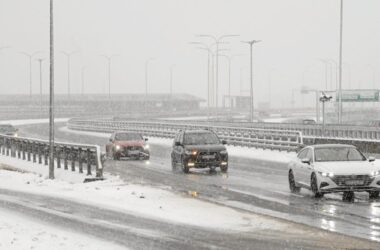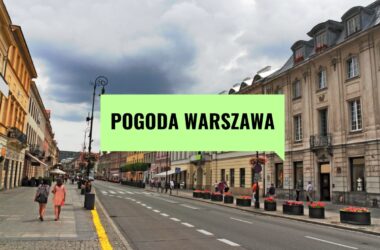A Polish municipality is introducing purple bins for collecting textile waste, making it easier for residents to recycle and comply with EU directives.
In Poland, a new initiative has been launched to make waste segregation easier, particularly for textiles. As of January 1, textiles are considered a new fraction of municipal waste, following a directive from the European Parliament and Council (EU) 2018/851 of May 30, 2018.
One municipality in Poland has introduced new, purple bins specifically for textile waste. These bins will be collected from households quarterly, similar to large item waste. The initiative aims to make it easier for residents, especially the elderly, disabled, or those without transportation, to recycle textiles.
The purple bins can hold up to 120 liters of textile waste. Residents are required to ensure that the textiles are dry and clean, and not from business activities. In Kielce, for example, a mobile collection point, called an “odrzutowóz,” will be available from October 1, allowing residents to drop off their textile waste.
The Polish government has allocated 100 million PLN from the National Environmental Protection and Water Management Fund to remove illegal hazardous waste sites. The program, spanning three years, aims to support municipalities in eliminating these sites, which pose significant environmental and health risks.
The program will support 25 municipalities, with priority given to areas with the most hazardous waste. The funding will help remove an additional 14 illegal waste sites, following the discovery of over 200 m3 of hazardous waste in one municipality.










